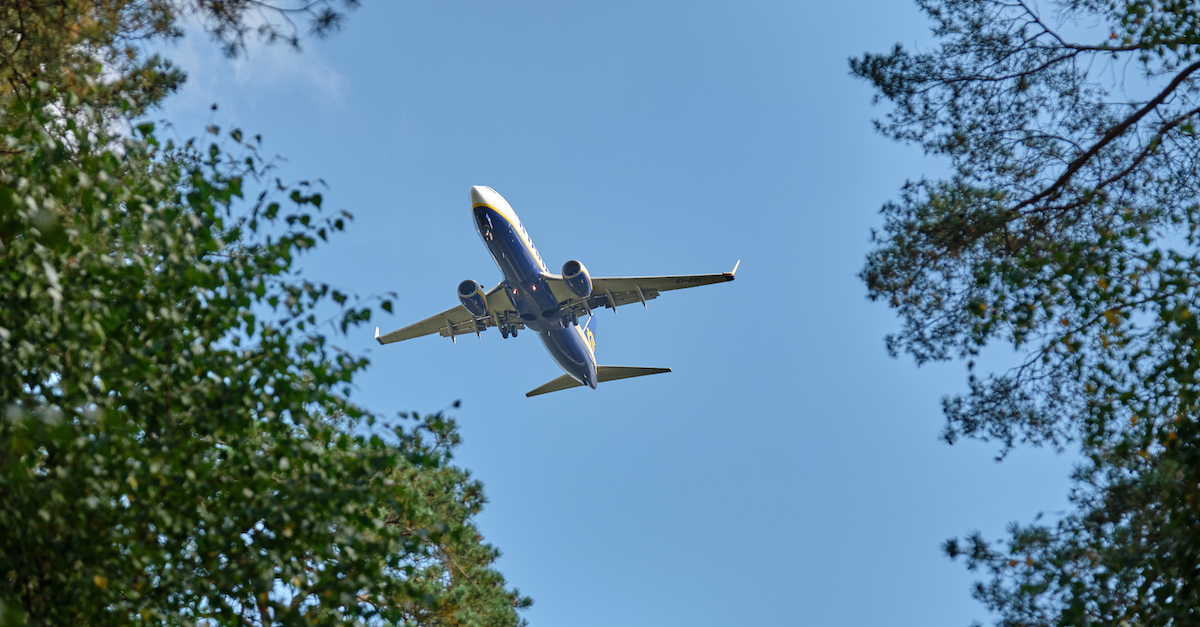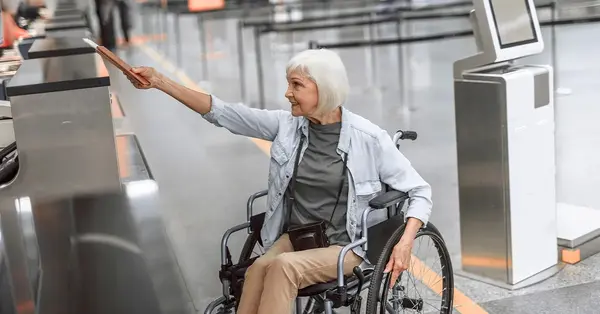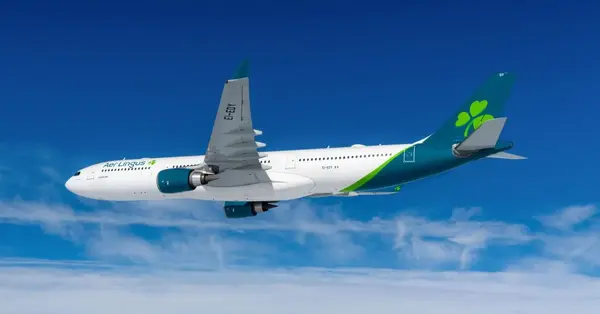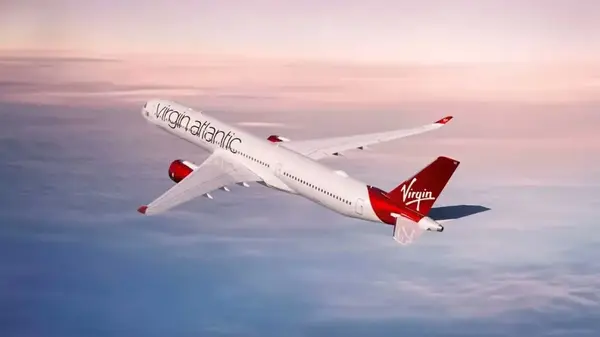You are viewing 2 of your 2 free articles
Aviation sector targets net-zero carbon emissions by 2050
The global air transport industry has adopted a long-term climate goal of net-zero carbon emissions by 2050.
The Air Transport Action Group said the world’s airlines, airports, air traffic management and the makers of aircraft and engines are committed “to reduce CO2 emissions in support of the Paris Agreement 1.5ºC goal”.
This comes after the resolution on Monday (October 4) of the Iata membership to adopt a net-zero goal.
In a declaration released on Tuesday (October 5), representatives of the world’s major aviation industry associations and largest aircraft and engine makers committed that “global civil aviation operations will achieve net-zero carbon emissions by 2050, supported by accelerated efficiency measures, energy transition and innovation across the aviation sector and in partnership with governments around the world.”
Haldane Dodd, acting executive director of ATAG, said: “Aviation has increased its ambition in line with the need for all sectors of the economy to pursue rigorous climate action.
More: Iata chief slams failure to harmonise Covid travel rules
Global call issued for decade of climate action in tourism
“Despite having endured the greatest crisis in aviation history, this new agreement shows that our sector has placed climate action as one of its highest priorities.
“It will be a significant challenge to meet net-zero carbon emissions by 2050, but the evidence shows that with the right support from governments and efforts across the value chain, especially the energy industry, it is achievable.”
The industry said that a mix of new technology – including potentially shifting to electricity and hydrogen for some shorter services; improvements in operations and infrastructure; and a transition to sustainable aviation fuel by mid-century would provide most of the carbon reductions.
Remaining emissions would be captured using carbon removal measures.
Willie Walsh, director-general at Iata, commented: “The post-Covid-19 re-connect will be on a clear path towards net zero.
“That will ensure the freedom of future generations to sustainably explore, learn, trade, build markets, appreciate cultures and connect with people the world-over.
“With the collective efforts of the entire value chain and supportive government policies, aviation will achieve net zero emissions by 2050.”
UK transport secretary Grant Shapps hailed the news, tweeting: “Great news from @ATAG_aviation today committing to Net Zero carbon emissions by 2050! This level of ambition ahead of #COP26 is what we need to continue our work decarbonising aviation, securing a sustainable future for our planet and creating green jobs across the world”
Great news from @ATAG_aviation today committing to Net Zero carbon emissions by 2050!
This level of ambition ahead of #COP26 is what we need to continue our work decarbonising aviation, securing a sustainable future for our planet and creating green jobs across the world ??


















